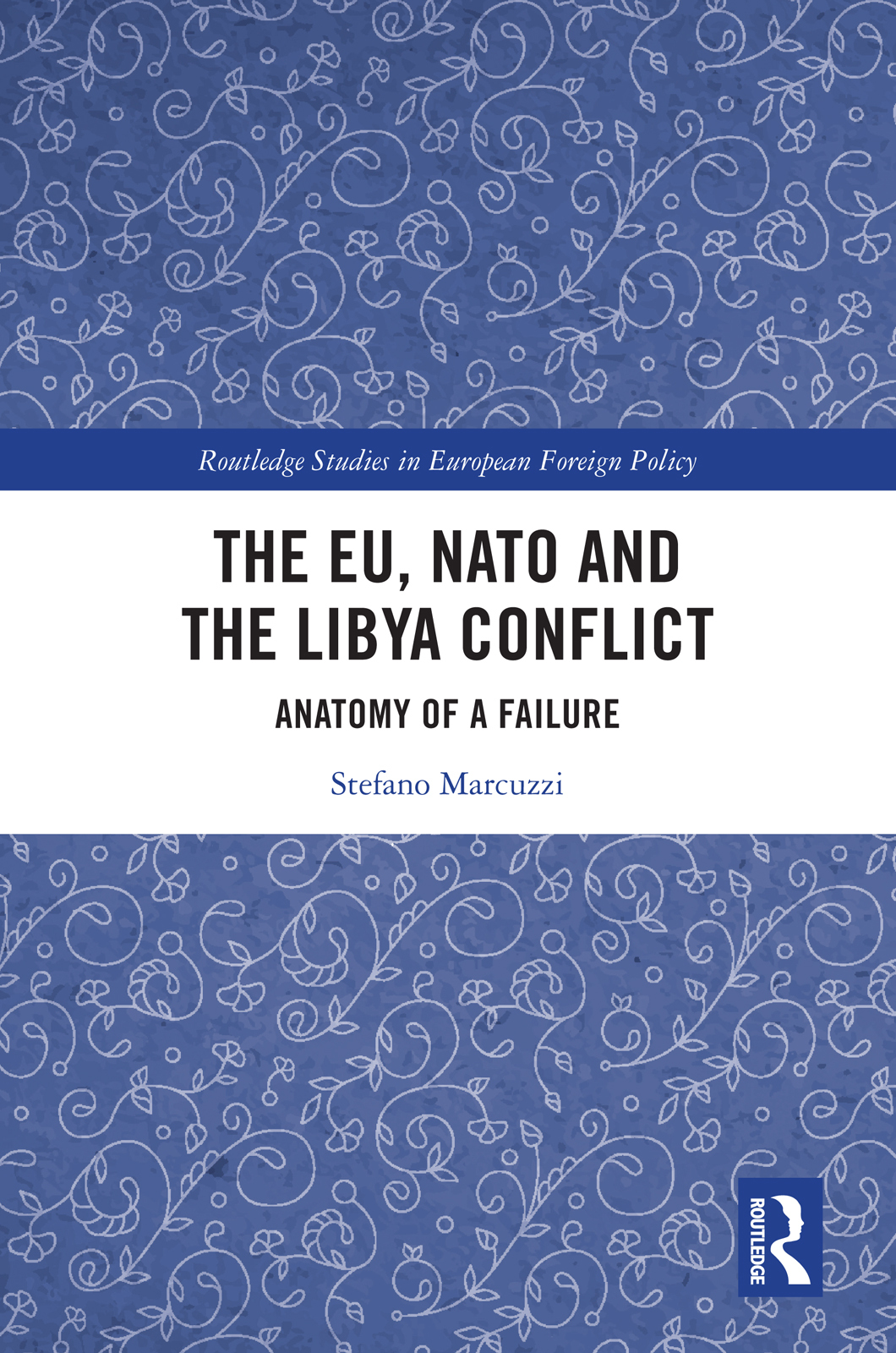

Most ebook files are in PDF format, so you can easily read them using various software such as Foxit Reader or directly on the Google Chrome browser.
Some ebook files are released by publishers in other formats such as .awz, .mobi, .epub, .fb2, etc. You may need to install specific software to read these formats on mobile/PC, such as Calibre.
Please read the tutorial at this link: https://ebookbell.com/faq
We offer FREE conversion to the popular formats you request; however, this may take some time. Therefore, right after payment, please email us, and we will try to provide the service as quickly as possible.
For some exceptional file formats or broken links (if any), please refrain from opening any disputes. Instead, email us first, and we will try to assist within a maximum of 6 hours.
EbookBell Team

4.3
98 reviewsThis book explores the causes and implications of the Libyan crisis since the anti-Gaddafi uprisings of 2011 from the perspective of the EU and NATO.
It asks the question of why those organizations failed to stabilize the country despite the serious challenges posed by the protracted crisis to European and transatlantic stakes in the region. This book argues that such failure originated in a twofold problem common to both organizations: their prioritization of legitimacy over strategy, and their path dependence - the insufficient degree of adaptation to meet the different needs of the crisis. Through a critical and integrated analysis of official sources and extensive interviews with EU, NATO, UN, and national government officials and militaries, as well as from NGO personnel, Libyan institutions and civil society, and media, the volume brings the perspective of both state and non-state actors to the fore. It reveals how wrong assumptions and centrifugal forces within the EU and NATO hampered initiatives, and how the inability to use hard power judiciously and effectively in an increasingly complex and multifaceted scenario worsened the crisis. This allowed for unprecedented influence of regional and global competitors such as Egypt, the United Arab Emirates (UAE), Turkey and Russia in the richest African country.
This book will be of key interest for scholars and students of Libya and North Africa, NATO, the European Union, security and conflict studies, Middle East studies, migration, terrorism, peacebuilding and, more broadly, international relations.